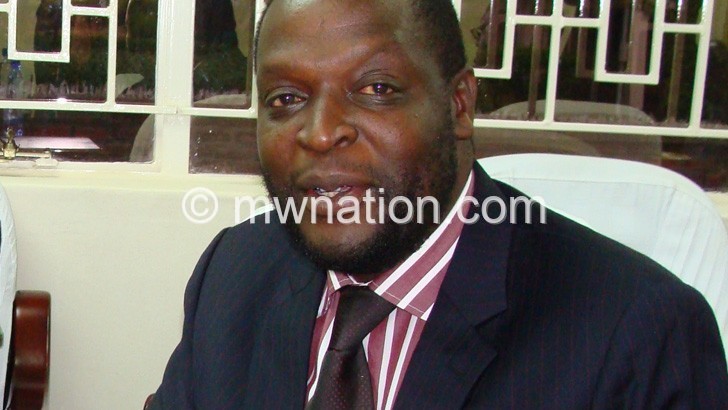Mulli, 3 others challenge arrest in RBM case
Businessperson Leston Mulli and three others have submitted their arguments to back an application for a judicial review on their arrests in connection with about K6 billion loans they jointly obtained from Reserve Bank of Malawi (RBM).
In their application filed in the High Court of Malawi in Blantyre, the claimants are against a decision by Malawi Police Service (MPS) and Director of Public Prosecutions (DPP) to arrest and prosecute them over the RBM loan which they argue was a contractual issue not warranting arrest.

In the application, Mulli, who is managing director of Mulli Brothers Limited (MBL) Holdings, his brother Felton, Joseph Khupe and Leonard Kandoje, through their lawyers Lusungu Gondwe and John Kalampa, want the High Court to declare their arrests illegal.
The four claim that the arrests violated their right to dignity and their right not to be imprisoned for inability to fulfill contractual obligations.
The lawyers asked the court to declare the arrest and subsequent prosecution as irrational and an abuse of the two institutions’ prosecutorial discretion.
They further want the court to issue orders to quash and stay police and DPP’s decisions to arrest and prosecute them.
Kalampa said: “The matters that are being prosecuted are contractual in nature and there is absolutely no reason why they should have been arrested.”
But in its submission, the State through Attorney General (AG) Thabo Chakaka-Nyirenda opposed the claimants’ arguments, saying the four were not arrested for failure to meet contractual obligations.
He told the court that each and every criminal case has an element of civil crimes and that the four through their companies committed an offence for obtaining loans at RBM.
Presiding Judge Mandala Mambulasa has reserved his ruling to a date to be announced later.
The four, who were arrested in June this year, are alleged to have conspired with senior RBM officials to commit fraud by fraudulently obtaining letters of credit from the central bank on pretext that they were to import or purchase fertiliser.






One Comment